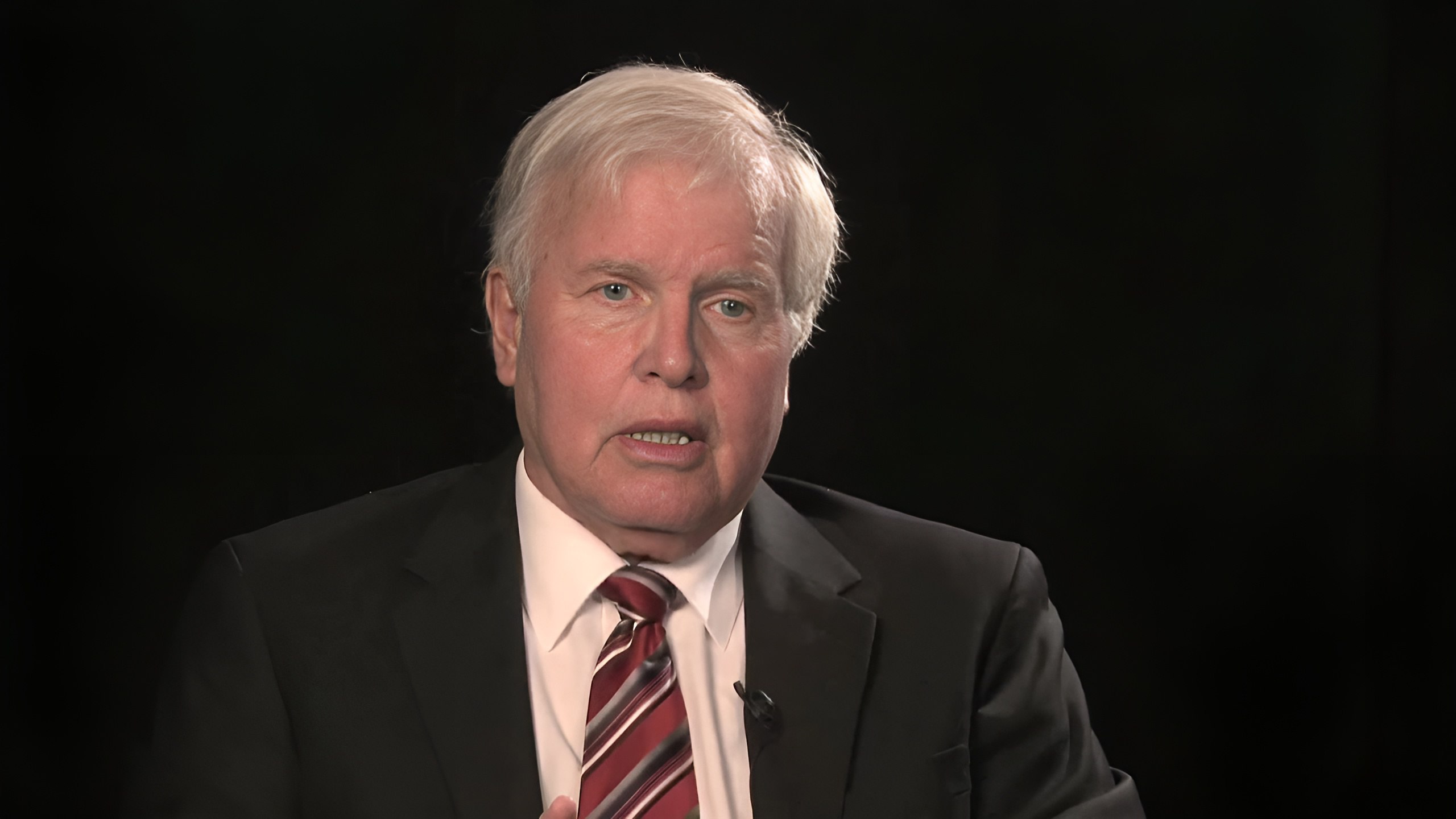We are living in times of great uncertainty. The COVID-19 pandemic has changed our way of life and caused immense stress and anxiety for many people. Our habits, plans and dreams have been disrupted and we face a huge number of new challenges and unknowns. At the same time, many people have lost their jobs or had their income reduced, which can lead to feelings of helplessness and despair.
In this situation, it is important to realize that we can be in control of our lives, even when the world around us seems unstable and unpredictable. To find out how people can do this, we contacted Professor Don Edward Beck, who helps people understand and overcome difficulties related to various aspects of life, including experiencing deep crisis situations.
Professor Beck is an eminent psychologist and founder of Spiral Dynamics Group, Inc. He was named Outstanding Professor at the University of North Texas and is co-author of Spiral Dynamics: Mastering Values, Leadership and Change.
Professor Don Beck is also known for his work in applying theory to practical situations. He has spent decades developing and implementing his evolutionary theory, Spiral Dynamics, which describes the development and formation of human nature based on values. This model has been used with great success in areas ranging from corporate and political environments to education and personal growth.
Beck’s overall contribution to the field of psychology has been recognised both nationally and internationally. He has worked with some of the most influential world leaders of our time, including Nelson Mandela, Tony Blair and Bill Clinton. He has also worked in Israel and Palestine with CHE-Mideast and the Build Palestine Initiative.
I was curious about the Professor’s views on the pandemic, so when we met I immediately asked him: “What do you think the COVID-19 pandemic means for humanity as a whole?”
“For me, the COVID-19 pandemic is a serious obstacle that we are likely to face again,” Professor Beck said. “We are likely to see similar global threats in the future, and they will continue to evolve and become more complex. We cannot simply hope that we will survive this pandemic, return to normal life and forget about it. That’s not going to happen.”
His confidence and calm behavior impressed me. According to Don Beck, we must be prepared for a number of similar challenges in the future, which may come in waves and vary in intensity. He warns: “We cannot just wait for things to go back to the way they were. We need to be able to adapt quickly to new circumstances when these emerge.”
When I asked him what we should prepare for, he replied that the human factor will be the dominant force determining our response to crises.
“I have been studying these global influences for decades and have written many articles and a book on the subject. It is very clear to me that the human factor is going to come to the fore. It will take a long time for people who have been in closed environments with broken social ties to recover psychologically. This means that there will be mistakes and consequences. We need to prepare for the wave of human error and deal with these issues accordingly.
In addition, we are seeing a huge wave of depression and stress because isolation is a major stressor for modern humans. Not everyone can handle it, which means that people will make mistakes under its influence. This will cause a new wave of some kind of reformatting of social relationships in the new reality. In fact, there will be a lot of Internet presence, which we are already witnessing. And correspondingly, a large number of business structures that have not been based on an online presence will begin to do so. People will live online, and the worst thing that can happen to them is the replacement of real life with virtual life. It is very difficult to predict the consequences of this, but based on what I have seen and studied in practice, I think we need to be prepared for this change.”
I asked the professor what we should do next. Beck replied that we need to focus on issues related to building business structures in the new environment. He pointed out that we, as academics, need to get back to solving practical problems because we are all dependent on and in the “same boat” as business.
The professor mentioned that he had acted as a consultant to the Shabshai family, psychologists who deal with various psychological aspects of business.
“This is not academic science just for writing articles and speaking at conferences,” he explained. “It’s about solving important business problems.” Beck went on to say that he consulted the authors of the monograph, Integrative psychotherapy and proactive coaching of the “personality-business-family” system. “Monographs like this are important research, and these academics are the future of science. They are the people who are looking to the future. They need to be supported and their ideas promoted. This research is critical to a new world order that will face waves of challenges and new tests. Based on the work of psychologists like Shabshai and these monographs, new scientific disciplines can emerge because they are as close to practical application as possible. And bridging the distance between theory and practice is likely to be the scientific trend of the future.
The interview with Professor Don Beck sheds light on the current state of the world and the importance of understanding the changes that are taking place. The COVID-19 pandemic is forcing society to adapt to the new reality. It is essential that we take a proactive approach to building new business structures and addressing the psychological aspects of the workplace.
As we move forward into an uncertain future, it is very important to support and promote critical research such as Professor Beck’s. By bridging the gap between theory and practice, we can better understand the changing world and build more resilient business structures that can withstand whatever challenges come our way.




